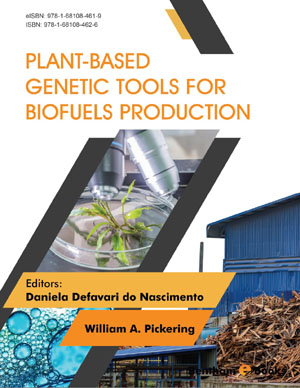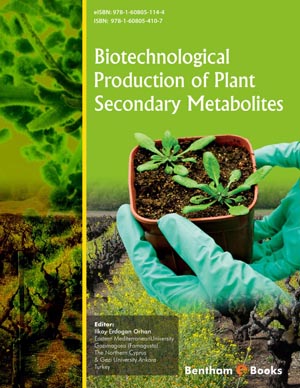Abstract
Plant biomass is the feedstock for biofuel production. Efforts to maximize yield per unit of production area are of crucial importance in meeting the rising demand for renewable energy sources. Plantation, irrigation, use of fertilizers and pesticides, together with harvest, represent the major costs involved in biomass production. In this chapter we give a broad overview of (i) the factors influencing biomass yield (such as water and nutrients) and advances in cultivation technologies, discussing sustainability issues and the link of these practices with industry needs, and (ii) the relation of these conditions to the physiology of energy crops, presenting innovative technologies that can support management decisions. We will focus on sugarcane as a model for bioenergy crops.
Keywords: Agricultural productivity, Bioenergy crops, Biomass accumulation, Energy cane, First and second generation ethanol, Harvest, Innovative technologies, Management, Metabolomics, Photosynthetic rates, Plant breeding, Plant physiology, Soil mechanization, Straw maintenance, Sucrose, Sugarcane bagasse, Sustainability, Tillage, Water and nutrient uptake, Yield.

















